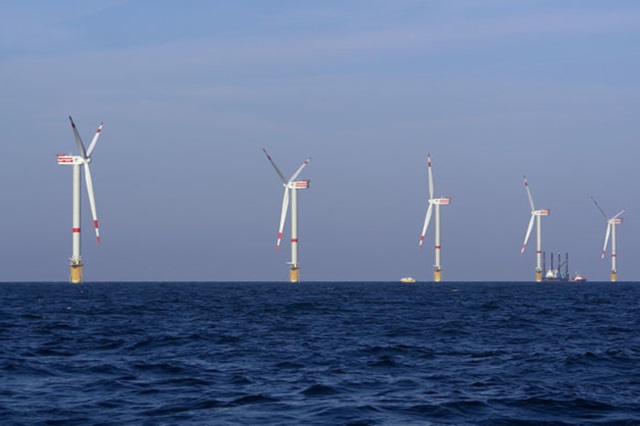In this op-ed, which first appeared in The Guardian, Mary Robinson writes about the importance of the carbon divestment campaign.
The recent extreme flooding in the UK and Ireland has highlighted the devastating effect our changing climate can have; but if we do not take action fast, future generations will experience weather shocks on a far greater scale. Our planet is warming to a catastrophic extent, and the human race must step up.
The divestment campaign – which originated in the United States and is now making its way across the Atlantic – is one shining example of what is needed to curb greenhouse gas emissions. Transforming our economic system to one based on low-carbon production and consumption can create inclusive sustainable development and reduce inequality. To achieve a just transition to a low-carbon economy, it is crucial that we invest in social protection, enhance workers’ skills for redeployment in a low-carbon economy, and promote access to sustainable development for all.
The premise of the divestment campaign is simple: non-profit organisations must move their investments away from fossil fuels, reducing the power and influence this industry has on society. Initially focusing on universities – in the UK alone, their endowment funds have invested £5bn in coal, oil and gas – the campaign’s message has since had an influence on other organisations, such as the Church of England, which this month said it would pull its investment in companies that didn’t do enough to fight climate change.
The reality of climate change, of which Britons have had all too much experience recently, may be the catalyst for even more ambitious action.
We already have the scientific knowledge available to us. Among members of the Intergovernmental Panel on Climate Change, the United Nations climate panel, there is a 97% consensus that humans are causing global warming. They know that the majority of the world’s fossil fuel reserves must be left in the ground.
The active role of young people is worth noting. As with the anti-apartheid campaign in the 1980s, students today are taking action that can determine their futures – and the futures of generations to come – for the better. They are showing the world that, once again, a transformation in how we grow our economies is essential. This is how inter-generational equity can be achieved: promoting a new investment model that responds to the risks posed by climate change. By avoiding investment in high-carbon assets that become obsolete, and by prioritising sustainable alternatives, we build capacity and resilience, particularly for more vulnerable people – while lowering carbon emissions.
We do not have much time. Global investment in clean technologies is now at about $300bn (£180bn) a year, but according to the International Energy Agency, this would need to reach $1tn by 2030 in order to keep within a 2C warmer world, the threshold above which climate change would become catastrophic.
Meanwhile, the temptation to invest in coal, oil and gas is heightened by countries’ fossil fuel subsidies that, worldwide, amount to $1.9tn a year, according to the International Monetary Fund. Such subsidies enable the fossil fuel industry to perpetuate the notion that renewable energy is more expensive. Of course, in withdrawing any fossil fuel subsidies, absolute consideration has to be given to accessing energy for the poorest, therefore investment has to be made in sustainable energy alternatives.
National leaders have an important role to play, and with their electorate behind them, they will be far more willing to act.
Related Links
Carbon divestment is a shining example – Mary Robinson, The Guardian


